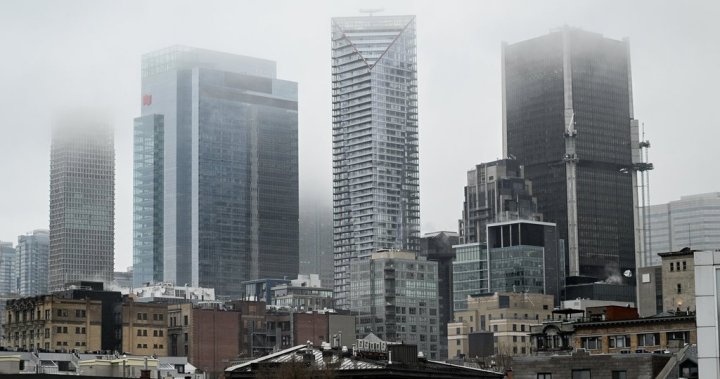I’ve spent the past week immersed in the heated debate surrounding Montreal’s proposed Airbnb regulations. The tensions were palpable at last Tuesday’s public consultation, where I witnessed firsthand the clash between housing advocates and property owners that reveals the complex challenges our city faces.
Montreal’s executive committee has pushed forward with new short-term rental restrictions despite significant opposition from property owners. The proposed regulations aim to expand areas where Airbnb-style rentals would be prohibited, potentially transforming the landscape for tourists and hosts alike.
“We’ve reached a breaking point where housing accessibility must take priority,” said Benoit Dorais, vice-chairman of the city’s executive committee, during our conversation after the session. “These measures reflect the urgent need to rebalance our housing market.”
The changes would extend rental restrictions beyond downtown areas into multiple neighborhoods, including parts of Villeray, Rosemont-La Petite-Patrie, and Le Plateau-Mont-Royal. City officials point to data from the Canada Mortgage and Housing Corporation showing Montreal’s rental vacancy rate has plummeted to just 1.5 percent – well below the 3 percent threshold considered healthy for a balanced market.
I spoke with Marie Plourde, borough councillor for Le Plateau-Mont-Royal, who emphasized the severity of the situation. “We’re seeing entire apartment buildings converted into what are essentially illegal hotels. When we have families struggling to find affordable housing, this practice becomes unsustainable.”
However, property owners like Catherine Guilbault from the Plateau have voiced serious concerns. At the consultation, she argued passionately that the regulations unfairly target responsible hosts. “I’ve operated my two rental properties for five years without a single complaint,” she told me afterward. “These blanket restrictions punish those of us who contribute positively to the local economy.”
The Quebec Landlords Association estimates that the new rules could affect approximately 3,500 properties currently listed on platforms like Airbnb and VRBO. Their representatives argue that the city should focus enforcement on illegal operators rather than implementing broader restrictions.
What struck me during the four-hour consultation was the deeply personal nature of the debate. For many Montrealers, this isn’t merely about regulations – it’s about community identity and economic survival. Several small property owners shared how rental income helps them afford their mortgages in our increasingly expensive city.
Tourism industry representatives have expressed concerns as well. “Montreal’s vibrant tourism sector relies on diverse accommodation options,” explained Martin Lessard, CEO of MT Lab, a tourism innovation incubator. “We need solutions that protect housing while still supporting the visitors who fuel our local economy.”
The new regulations would require hosts to register with the province and display their registration numbers on all listings. Additionally, they would need to reside at the property they’re renting out – a provision that effectively eliminates investment properties from the short-term rental market.
Having covered Montreal’s housing issues for over a decade, I’ve observed how the rise of platforms like Airbnb has transformed neighborhoods like mine in Villeray. The corner dépanneur where I’ve bought my morning coffee for years recently closed – replaced by a key lockbox station servicing nearby short-term rentals.
The city points to successful enforcement actions, noting that they’ve issued over 400 fines to illegal operators since strengthening their inspection team last year. However, as I discovered through public records, the average time between complaint and resolution remains around six months – a frustratingly long period for residents affected by problematic rentals.
Mayor Valérie Plante defended the approach at a press conference I attended last Thursday, stating: “We’re taking a balanced approach that protects housing accessibility while still allowing homeowners to participate in home-sharing when appropriate.”
The final vote on these regulations is expected next month, following additional public consultation. Whatever the outcome, it’s clear that Montreal is joining global cities like Barcelona, Amsterdam, and New York in grappling with the complex impacts of short-term rentals on urban housing markets.
As I left Tuesday’s consultation, I couldn’t help but notice the row of “à louer” signs on my walk home – a visible reminder of the housing pressures that have pushed our city to this contentious decision point.







